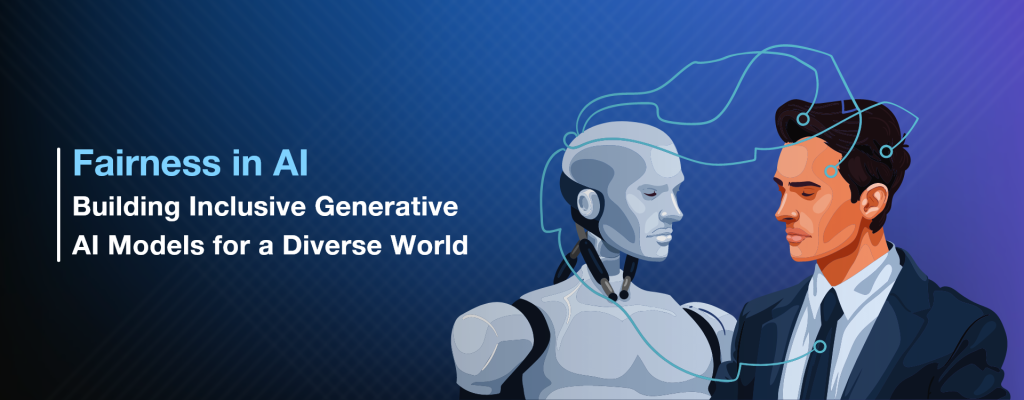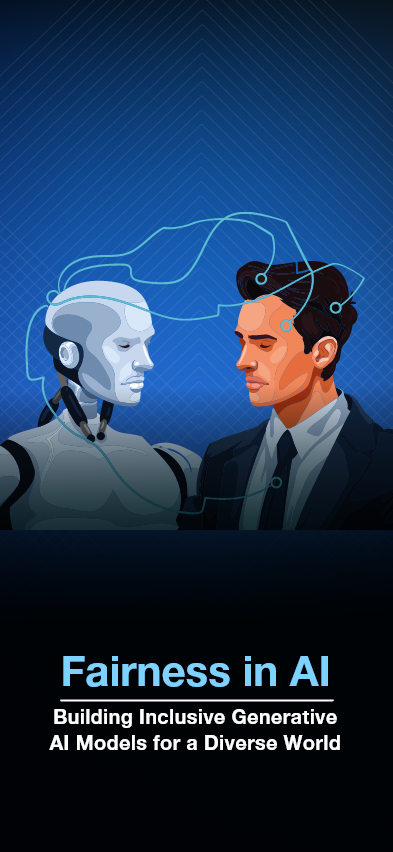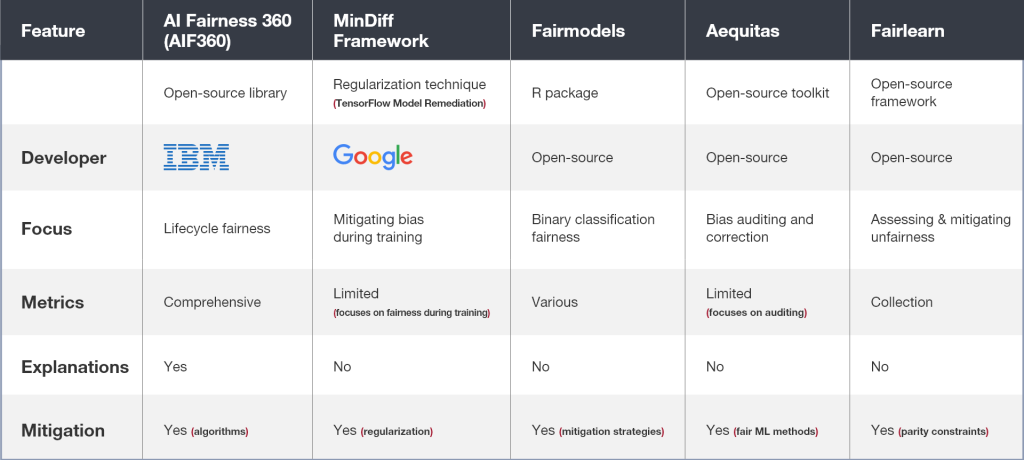

Machine learning frameworks have become an integral part of developing and deploying artificial intelligence (AI) models. These frameworks provide a structured environment for researchers and developers to build, train, and evaluate their machine learning models. With the rapid advancements in AI technology, it is crucial to understand the importance of fairness in AI models and how machine learning frameworks can help achieve it.
Building fair AI models is not without its challenges. One of the main challenges is the lack of diverse and representative datasets. Many AI models are trained on biased datasets, which can result in biased predictions and unfair outcomes. Another challenge is the interpretability of AI models. Complex machine learning algorithms can be difficult to interpret, making it hard to identify and rectify any biases that may exist.
Biased AI models can lead to unfair decisions that impact people’s lives. For instance, a loan approval model biased against a certain race could unfairly deny loans to qualified individuals. Bias can originate from the data used to train the model, reflecting societal prejudices or a lack of data on certain demographics.
Additionally, biases can be introduced during model design or by human reviewers who override the model’s decisions based on their own biases. Some AI fairness Frameworks are:
AI Fairness 360 (AIF360): An open-source library from IBM, ensuring fairness in ML models, featuring comprehensive metrics, explanations, and mitigation strategies across their lifecycle.
MinDiff Framework: A regularization technique by Google, in TensorFlow Model Remediation library, mitigating unfair biases during training, especially beneficial for classification tasks.
Fairmodels: An R package for detecting, visualizing, and mitigating bias in binary classification models, offering metrics and mitigation strategies.
Aequitas: An open-source Fair ML toolkit for auditing predictors in ML models, simplifying bias assessment and correction for enhanced fairness.
Fairlearn:An open-source framework dedicated to assessing and mitigating unfairness in AI and ML models. With mitigation algorithms and fairness assessment metrics, it supports parity constraints for effective mitigation strategies.
InterpretML:This library is dedicated to creating interpretable models and unraveling the intricacies of existing ones. By delving into a model’s decision-making process, InterpretML helps identify potential fairness concerns.

Selecting the right framework depends on your specific needs and project requirements. By understanding the strengths and weaknesses of different ML fairness frameworks, you can choose the best tool for your project and accelerate your journey into the exciting world of machine learning.
Generative AI is a subfield of machine learning that focuses on creating models that can generate new data, such as images, text, or music. Machine learning frameworks often include features and tools for developing generative AI models. These models have various applications, including data augmentation, creating synthetic datasets, and generating realistic simulations.
Achieving fairness in AI models requires a proactive approach. Here are some strategies that can help:
Diverse and Representative Datasets: Collecting diverse and representative datasets is crucial to building fair AI models. Ensure that the dataset includes samples from different demographic groups and is free from any biases.
Regular Bias Monitoring: Continuously monitor AI models for any biases that may arise during training or deployment. Regularly evaluate the performance of the model across different demographic groups to identify and rectify any unfair outcomes.
Algorithmic Fairness Techniques: Use algorithmic fairness techniques to mitigate biases in AI models. These techniques include pre-processing the data to remove biases, adjusting the model’s predictions for fairness, or post-processing the model’s output to ensure equitable outcomes.
Machine learning frameworks provide a powerful toolkit for developing and deploying AI models. By understanding the importance of fairness and implementing strategies to achieve it, we can build AI models that are unbiased and equitable. With the right combination of diverse datasets, advanced algorithms, and algorithmic fairness techniques, we can work towards creating a diverse and fair AI model that benefits everyone.
Join the movement towards fairness in AI models – start building your diverse and fair AI model with machine learning frameworks today!
